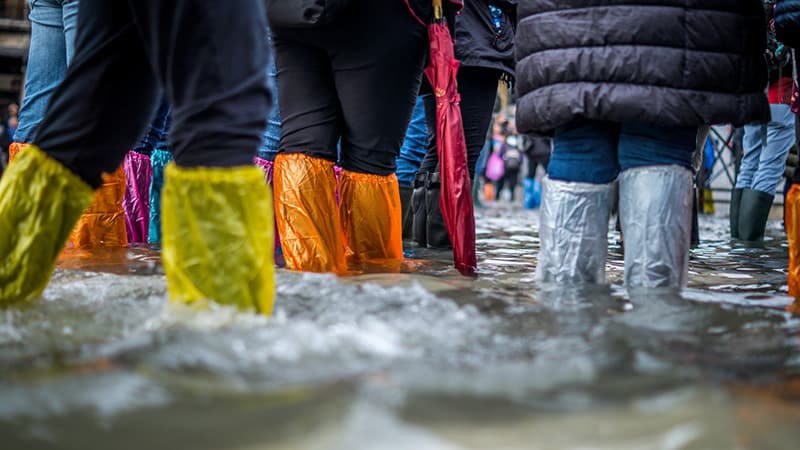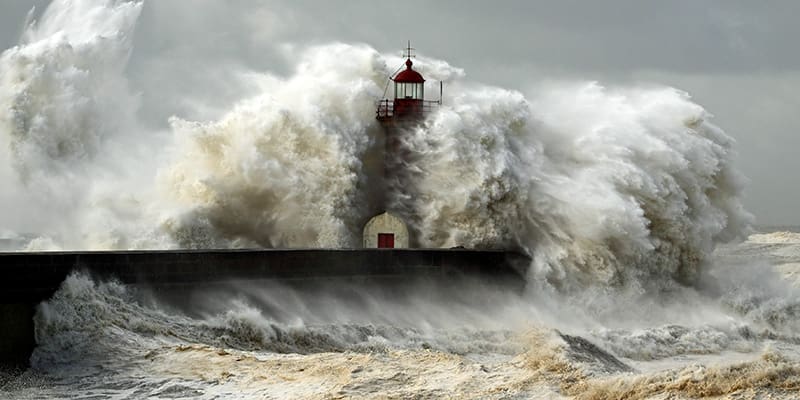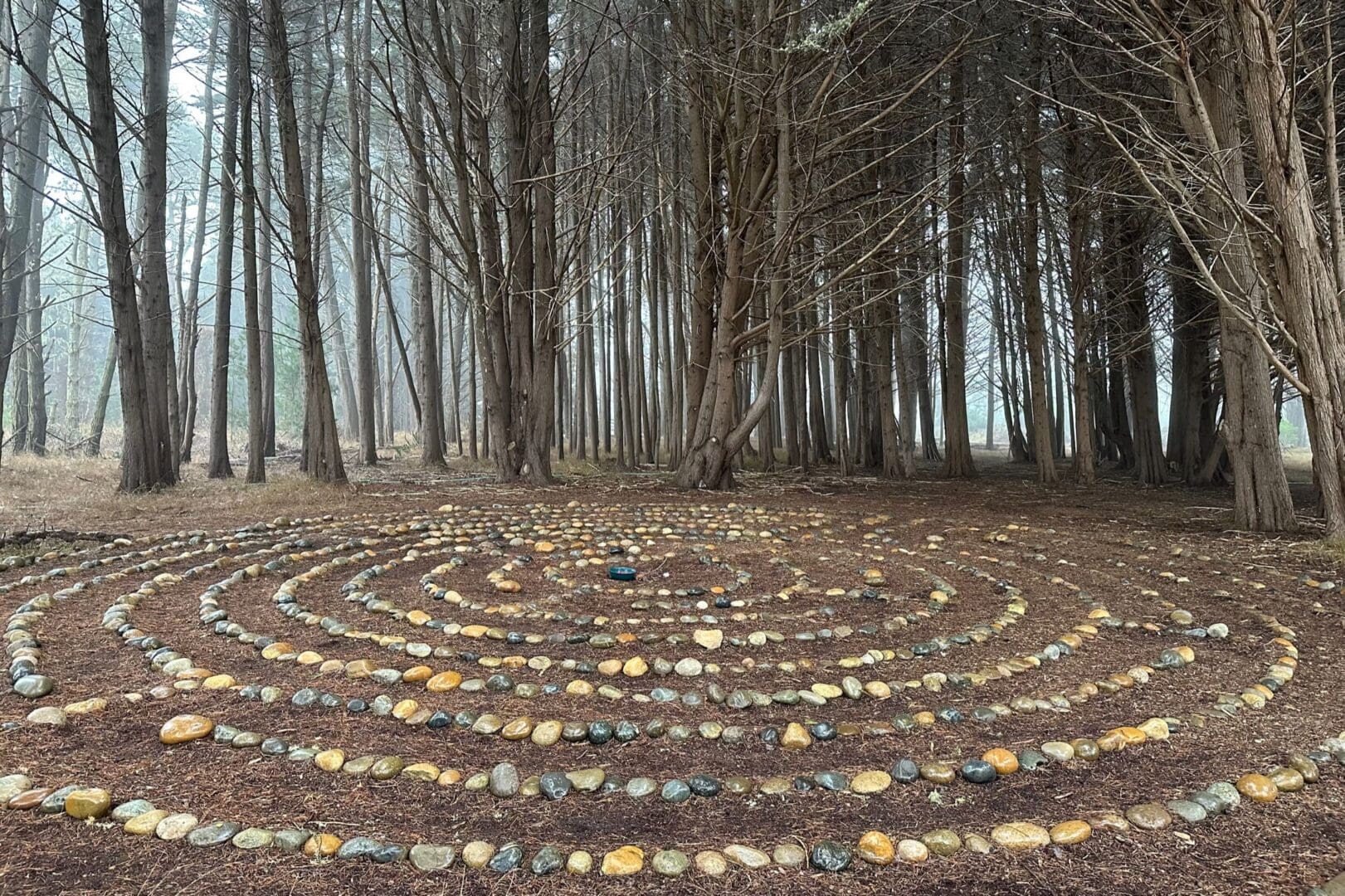Dear Friends,
When older people greet each other from six feet away, I’ve heard them say: “I’d like a younger person to get the ventilator.”
But ventilators are no panacea for COVID-19, reports National Public Radio:
Most coronavirus patients who end up on ventilators go on to die, according to several small studies from the U.S., China and Europe. And many of the patients who continue to live can’t be taken off the mechanical breathing machines.
“It’s very concerning to see how many patients who require ventilation do not make it out of the hospital,” says Dr. Tiffany Osborn, a critical care specialist at Washington University in St. Louis who has been caring for coronavirus patients at Barnes-Jewish Hospital.That concern is echoed by Negin Hajizadeh, a pulmonary critical care doctor at the Donald and Barbara Zucker School of Medicine at Hofstra/Northwell on Long Island, N.Y.
“We have had several patients between the hospitals across the Northwell system that have come off the breathing machine,” Hajizadeh says. “But the vast majority are unable to.”
Did you know that?
[Important late note: The available facts change daily. The ventilators may be more useful than NPR suggested, though the numbers remain highly variable. Cynthia Li, MD, wrote: “The interview on NPR has generated some criticism amongst other doctors, including critical care doctors. The doctors interviewed were clearly exasperated, saying ‘It’s very concerning to see how many patients who require ventilation do not make it out of the hospital.’ Not that their statements weren’t credible. But while smaller initial reports from China stated of 22 ventilated patients there was an 85-97% mortality rate, the best publication was from the United Kingdom. This latter study of 98 patients showed rates of 50%-66% mortality, also analyzing the characteristics of the patients who recovered and those who died. While 50-66% is still high– roughly double the rate of ventilated patients with non-Covid illnesses–it’s not 85%-97% per the China study. Here’s a good summary of the studies thus far by a retired surgeon. Interestingly, when he Tweeted ‘What is the mortality rate for [COVID-19] patients who require mechanical ventilation?’ he received answers ranging from 25% to 70% from people who have personal knowledge of outcomes in their hospitals.”]
***
The science so far says you have a 90% chance of living in your 70s and an 85% chance of living in your 80s. Pretty good odds.
Buddha died in his 80s of food poisoning, surrounded by his disciples. At peace. Socrates drank hemlock and died sitting with his disciples. At peace.
I’d like to die that way. I’d like the certain ability to take myself out if it gets too hard. That’s my goal. To die at peace.
***
About 240,000 deaths are expected in the United States from the pandemic this year.
By comparison, in 2019 the United States saw:
650,000 deaths from heart disease
600,000 deaths from cancer
170,000 deaths from accidents
160,000 deaths from lung disease
150,000 deaths from stroke
120,000 deaths from Alzheimer’s
80,000 deaths from diabetes
55,000 deaths from influenza and pneumonia
50,000 deaths from liver disease
45,000 deaths from suicide.
COVID-19 may move into third place. Below heart disease and cancer. Above accidents, lung disease, stroke, and Alzheimer’s—among the deaths in six figures.
A gentle reminder:
Nine million die of hunger and hunger-related diseases each year globally.
There are 65 million refugees in the world.
We accept familiar causes of death more easily. If this pandemic becomes familiar, we will adapt to it. Another way to die in the Anthropocene. Among a growing number of others.
***
For many, the virus is distant in their concerns behind losing a job, being homeless, or whatever else they fear most.
Those among us who have food, shelter, and enough to pay the bills often feel extraordinarily fortunate. I certainly do.
Yet questions arise even so:
What matters now?
What best protects us?
How can we protect ourselves?
How should we live?
What can we do with our fear?
If we get sick, what do we want?
If death comes, how do we want to die?
What is ours to do now?
These are serious questions. My brother, Adam, is a front-line oncologist taking care of poor people in Boston. So many friends are on the front lines. What of all the retired doctors and nurses who now volunteer to go back to the front lines? I bow before them.
***
What matters now in our lives?
With death nearby, I feel the force of love even more acutely.
With death nearby, my friends and my community feel so precious.
With death nearby, work is so alive. How can I truly serve best?
With death nearby, the beauty of nature is incandescent.
Beauty, Dostoevsky famously said, will save the world.
If the world is to survive, Aurobindo said, it must wear a crown of feminine design.
***
What policies will protect us?
We don’t know. We get lied to a lot.
We were told we don’t need masks. Now they’ve changed their minds. People wear masks everywhere. The New York Times devotes a full page to how to make your own mask. A top Chinese physician says everyone should wear a mask. In Thailand, wearing a mask is required.
They don’t tell us whether a grandmother should stop caring for her grandchildren so her daughter can work.
They don’t say if lovers should stop meeting.
They don’t say what to do about children in violent homes.
***
They say that China, Japan, South Korea, Singapore, Hong Kong, and Taiwan got it right and we should do the same.
They don’t mention the fact that those countries have cultures that inspire or require obedience.
They don’t mention the long-term consequences of deploying technologies that trace people everywhere. Social control technologies are spreading around the world.
They also don’t mention that Sweden has taken a different path.
American culture is individualistic. We don’t trust authority. The states have great power. The states aren’t all doing the same thing.
We will flatten the curve—in some places. We won’t succeed in containment. We can partially succeed in mitigation. Do all of us who can afford to stay holed up for a year or two or more until (we hope) we get a vaccine?
What will happen in countries that do contain the virus? As long as it persists elsewhere, they must restrict travel and trade with other countries. They will forever use their social control technologies to stamp out new hot spots.
***
We are engaged in a vast global experiment. We reduce one suffering by flattening the curve. We increase another suffering by bringing the economy to a halt. Stopping the economy hits the poor most directly. How many will die of starvation? How many children will suffer from malnutrition? What forms of social chaos will likely erupt?
The strategy of not shutting the economy down was proposed in Great Britain but quickly withdrawn under public pressure. The leftist Mexican president, Manuel Obrador, proposed the same but also bowed to public pressure. The American president flirted with the same idea but also retreated under pressure. One may discount Great Britain, the United States, and Mexico as foolish to consider anything other than social isolation and economic shutdown. Can you dismiss Sweden’s decision as well? Sweden enjoys high social trust and belief the authorities are informed and have the country’s best interests at heart. There is controversy in Sweden and among its Scandinavian neighbors about the course Sweden is taking. But Sweden has some of the best epidemiologists in the world. [Late note: Sweden is under pressure to change its policy as well.]
What of Global South countries that may hypothetically endorse social distancing and hygiene but are unable to enforce it? Where shutting down the economy is a life-and-death decision for millions? Their populations are younger and less likely to die from the virus. They are far more likely to die from the global economy shutting down. How will that turn out?
What can we do personally to protect ourselves?
Officials say nothing about what we can do in our own lives to moderate our risk beyond hygiene and social distancing.
This is what they don’t say.
They don’t say that if we are healthier, we will likely do better with the virus. The elderly and those with health conditions are at the greatest risk. It is common sense that the healthier we get, the more resilient we will likely be.
What makes us resilient? Eating well. Moving more. Reducing stress. Sleeping well. Finding love and support. The science is solid on these and other health-promoting behaviors.
We’ve worked for 40 years at Commonweal to understand mind-body health. Our Beyond Conventional Cancer Therapies website presents evidence that supports seven healing practices.
There is controversy about diet, supplements and herbs. The New York Times runs articles that largely dismiss the use of supplements.
We’re gathering the best information we can find on integrative approaches to COVID-19.
We’ve done this for years with cancer and gathered it all on our Beyond Conventional Cancer Therapies website.
Anna O’Malley, MD, has an excellent guide to integrative self-care. Anna directs the Natura Institute at the Commonweal Garden.
Cynthia Li, MD, has a free e-book, a beautifully written and designed guide to integrative self-care. Cynthia has been part of the Commonweal community for many years.
***
How do I want to live?
My colleague Francis Weller co-leads the Cancer Help Program. He has an African proverb he offers in the evening session on death and dying.
When death comes, may it find you alive.
The Hebrew Bible says the same:
Yea, though I walk through the valley of the shadow of death, I will fear no evil.
This is a time to live.
I’ve lived in this old house for 43 years. My wife Sharyle and I love it. Sharyle feeds hundreds of birds. The pear tree is in bloom. The porch next to my study is now an outdoor living room. Ripe lemons from our lemon tree hang over the railing. We take our evening walk and greet friends from safe distances. This time feels is so precious.
What do I do with my fear?
Some say the virus is our friend and nature’s friend. True, in its way. But if we love life we are called to be careful. Especially if we are older or have other risks.
Not everyone is afraid. Some are angry. Some hopeful. Some spiritual. Some concerned for others. Some called to the front lines.
Some detach from fear. Some feel invincible. Some are resigned. Some want to get the virus in hope of becoming immune so they can be on the front lines. Some hope to die from it.
If I get sick, what would I want?
I hope to live. I love life. If the virus finds me, I hope not to suffer beyond my limits. The key is medicines to ease the suffering. I pray everyone has access to them.
***
I don’t know what comes after death. But 212 week-long Cancer Help Program retreats have led me ever closer to believing that the soul may survive death. That doesn’t make this body less precious. My affections are more dear with death in the air. I love my work, my friends, my community. The beauty of the world is luminescent when I don’t know what the future holds.
What is our work now?
Our work at Commonweal is healing ourselves and healing the earth.
Like so many others, we are taking much of our work online.
Healing Circles is one of the programs that work best on line. Our circle work is moving out around the world.
Much else is online as well. This period of time will move Commonweal from a land-based service organization to one with a far more extensive online presence.
***
I have anticipated and written about this moment for decades.
Those who follow our resilience work know that the virus is one of two dozen global stressors interacting in unpredictable ways.
Pandemics, economic collapse, climate change, and everything else are intimately linked.
You don’t need to tell people to practice resilience. The search for masks, food, medicines, and antiseptics speaks for itself. People are buying garden seeds and chickens, rice, and beans.
This won’t be a one-off thing. Personal and community resilience are common sense. They are intimately linked. The more prepared you are, the more you can help your neighbors.
The years ahead will be very hard and filled with suffering.
But they will also be filled with every-day heroism, beauty, and joy.
Commonweal is able to move quickly as needs change.
We’ve built a strong base and we are here to serve.
Let’s bend the arc of history toward a better world.
Let’s find ways to live, love, and support each other.
Let’s find joy in the midst of sorrow.
Let’s build a better world if we can.
Love and prayers,
Michael



